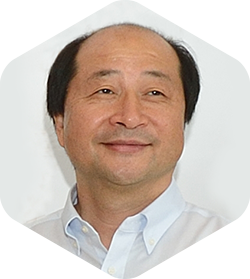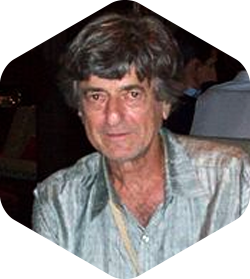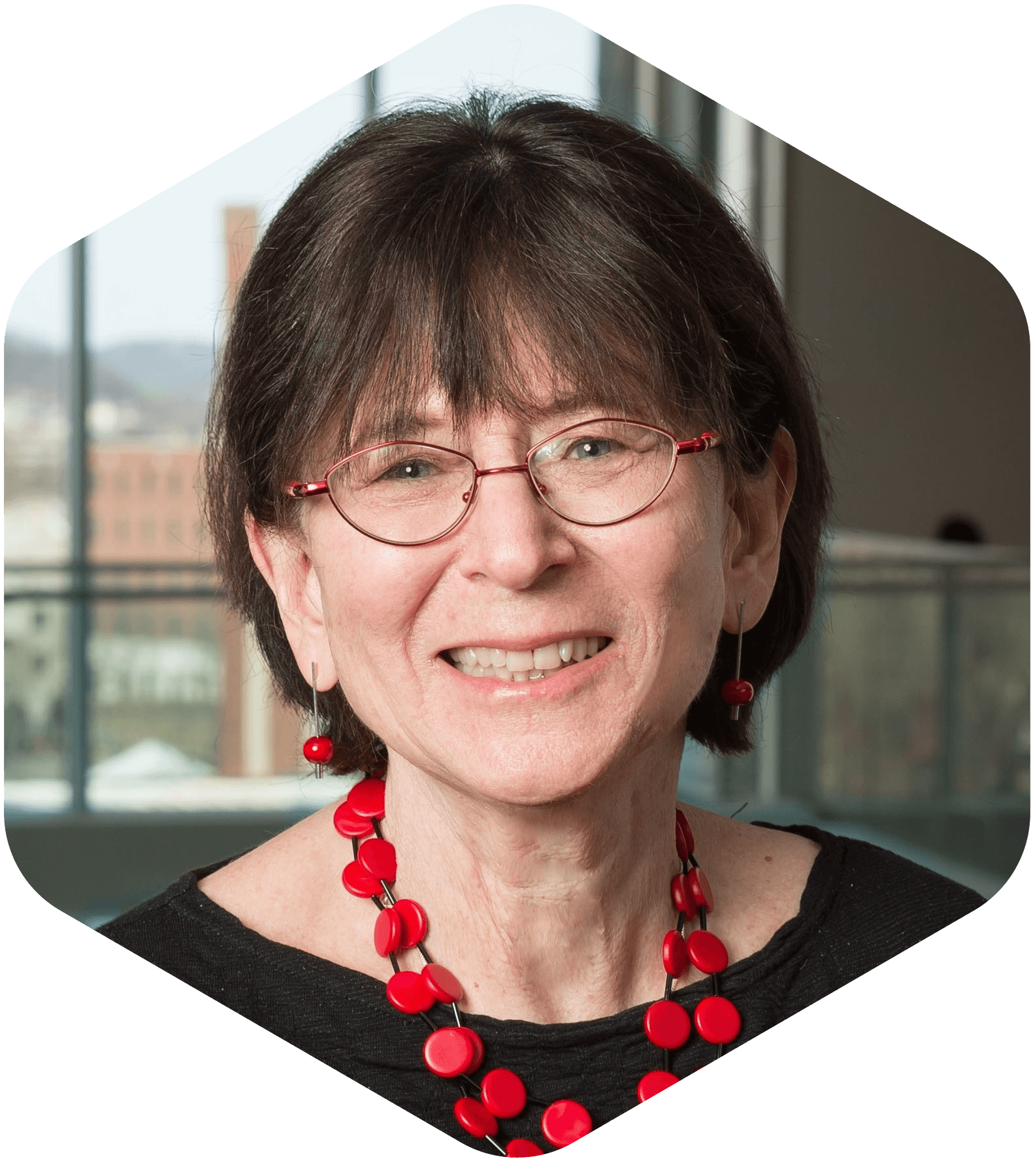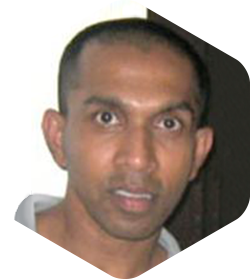
Stephen Smale (born July 15, 1930) is an American mathematician whose research concerns topology, dynamical systems and mathematical economics. He was awarded the Fields Medal in 1966 and spent more than three decades on the mathematics faculty of the University of California, Berkeley. In 2007, Smale was awarded the Wolf Prize in mathematics.
Smale began his career as an instructor at the college at the University of Chicago. In 1958, he astounded the mathematical world with a proof of a sphere eversion. He then cemented his reputation with a proof of the Poincaré conjecture for all dimensions greater than or equal to 5, published in 1961; in 1962 he generalized the ideas in a 107-page paper that established the h-cobordism theorem.
After having made great strides in topology, he then turned to the study of dynamical systems, where he made significant advances as well. His first contribution is the Smale horseshoe that started significant research in dynamical systems. He also outlined a research program carried out by many others. Smale is also known for injecting Morse theory into mathematical economics, as well as explorations of various theories of computation. Recently he concentrated on the study of learning theory and mathematical biology.
In 1998 he compiled a list of 18 problems in mathematics to be solved in the 21st century, known as Smale's problems. This list was compiled in the spirit of Hilbert's famous list of problems produced in 1900. In fact, Smale's list contains some of the original Hilbert problems, including the Riemann hypothesis and the second half of Hilbert's sixteenth problem, both of which are still unsolved. Other famous problems on his list include the Poincaré conjecture (now a theorem, proved by Grigori Perelman), the P = NP problem, and the Navier–Stokes equations, all of which have been designated Millennium Prize Problems by the Clay Mathematics Institute.
In 1960 Smale was appointed an associate professor of mathematics at the University of California, Berkeley, moving to a professorship at Columbia University the following year. In 1964 he returned to a professorship at UC Berkeley where he has spent the main part of his career. He retired from UC Berkeley in 1995 and took up a post as professor at the City University of Hong Kong. Since 2002 Smale is a Professor at the Toyota Technological Institute at Chicago; starting August 1, 2009, he is also a Distinguished University Professor at the City University of Hong Kong.
- 1966 Fields Prize
- 1994 Class of the Grand Cross of the Brasilian National Order of Scientific Merit
- 1996 Honorary Doctor of Science, University of Michigan
- 1996 National Medal of Science, Washington, D. C.
- 1997 Doctor Honoris Causa, Universite Pierre et Marie Curie, Paris
- 1997 Honorary Doctor of Science, City Univerisity of Hong Kong
- 1997 Honorary Member of the Moscow Mathematical Society
- 1998 Honorary Member of the London Mathematical Society
- 1999 Honorary Doctorate of Rostov State University
- 2004 Honorary Doctorate of University of Genoa
- 2005 Jurgen Moser Prize of SIAM, Dynamics Group


Michael ( Xiaohua ) Xuan is Co-founder and Chairman of UniDT, a company based in Shanghai, focusing on algorithm technology and applications. He was also co-founder of eBao Technology, an innovative core business system software company for insurance industry. Prior to that, he had worked at Hewlett Packard in USA for eight years in developing large-scale circuit simulation algorithms and commercial software.
Michael Xuan holds Ph. D degree in Mathematics from UC Berkeley (under Prof. Steve Smale) and MS degree in Computational Mathematics from Zhejiang University in China ( under Prof. Wang Xinghua). He graduated from Jiangxi Science & Technology Unviersity in Mathemtics.
Micahel Xuan is Vice Chairman CSIAM (Chinese Soceity of Inudstrial and Applied Mathematics) and Adjunct Proefessor/member of Academic Committee of Big Data Institute in Fudan University.
Michael Xuan is Executive Director of Smale Institute for Mathematics and Computation.

Mike Shub obtained his Ph.D. degree at the University of California, Berkeley with a thesis entitled Endomorphisms of Compact Differentiable Manifolds on 1967. His advisor was Stephen Smale. From 1967 to 1985 he worked at Brandeis University, the University of California, Santa Cruz and the Queens College at the City University of New York. From 1985 to 2004 he joined IBM's Thomas J. Watson Research Center. From 2004 to 2010 he worked at the University of Toronto. After 2010 he is a researcher at the University of Buenos Aires and at the City University of New York.
Shub was the Chair of the Society for the Foundations of Computational Mathematics from 1995 to 1997. In 2012, a conference From Dynamics to Complexity was organised at the Fields Institute in Toronto celebrating his work……

Lenore Carol Blum (born December 18, 1942) is an American computer scientist and mathematician, and a distinguished career professor of computer science at Carnegie Mellon University. She is known for her contributions to the theory of real number computation, the invention of a cryptographically secure pseudorandom number generator, and the efforts to increase the diversity of mathematics and computer science. Lenore’s research, from her early work in model theory and differential fields to her more recent work in developing a theory of computation and complexity over the real numbers, has focused on merging seemingly different fields. Her later work, founding a theory of computation and complexity over continuous domains (with Felipe Cucker, Mike Shub and Steve Smale), forms a theoretical basis for scientific computation. On the eve of Alan Turing’s 100th birthday in June 2012, she was plenary speaker at the Turing Centenary Celebration at the University of Cambridge, England, showing how a paper of Turing’s is fundamental to this theory.
- In 1971 Blum became one of the founders of the Association for Women in Mathematics.
- In 1979 She was elected as a Fellow of the American Association for the Advancement of Science.
- In 1983 Blum won a National Science Foundation Visiting Professorship for Women award.
- In 2005, Blum was a recipient of the Presidential Award for Excellence in Science, Mathematics, and Engineering Mentoring, given by president George W. Bush "for her efforts to mentor girls and women in technology fields where traditionally they are underrepresented".
- In 2012, Blum became a fellow of the American Mathematical Society.


After initial training in electrical engineering and mathematics, Indika pursued postdoctoral work with Dr. Mark Groudine at Fred Hutchinson Cancer Research Center in Basic Sciences, where he developed new approaches to explore genome organization, both experimentally and analytically. In 2013 he joined the Department of Computational Medicine & Bioinformatics (Medical School) and Department of Mathematics as an assistant professor. He currently study the dynamics of genome organization in human cells, with emphasis on gaining a deeper understanding of how the cell cycle guides cell fate decisions.





 沪公网安备
31011002000007号
沪公网安备
31011002000007号